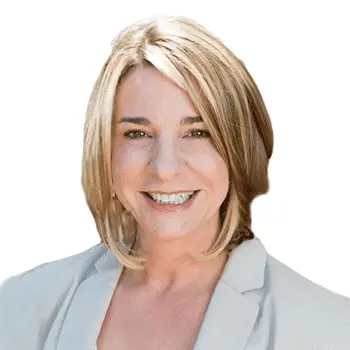Kratom is a substance that comes from a tree in Southeast Asia. Locals have used kratom leaves in various forms as medicine for hundreds of years. It has been used as a pain reliever, to treat anxiety and depression, for energy or to help with detoxing from opioids. In modern times, kratom is usually sold in powder, pill or liquid form.
Kratom is technically legal in Colorado, but it may not be for very long. The Food and Drug Administration (FDA) has warned that kratom should not be consumed and that it should not be used as a medication or as an alternative to opioids. Many states and municipalities have banned the sale of kratom because of its similarities to opioid drugs and the potential for kratom addiction. In 2018, the FDA classified kratom as an opioid.
The problem with kratom is that, like opioids, it is highly addictive and can cause an overdose in the same way as opioids. Some people who have used kratom died from mixing kratom with opioids and other psychoactive drugs and occasionally from kratom use alone. Kratom use can also lead to withdrawal symptoms upon cessation, although kratom withdrawal symptoms are said to be milder than those associated with other opioids.
Denver has passed legislation that bans the sale of kratom for human consumption and requires a warning to be posted where kratom is sold, stating that it should not be consumed. Banning its sale entirely could be the next step for either Denver or the state as a whole.
This Season, Give Yourself the Gift of a Fresh Start.
Whether you are struggling with addiction, mental health or both, our expert team is here to guide you every step of the way. Don’t wait— reach out today to take the first step toward taking control of your life.
Objections to Banning Kratom
In 2016, the FDA was set to reclassify kratom as a schedule I narcotic, but it reversed course just before doing so because 140,000 advocates for the drug asked for further investigation of its effects in the form of a petition to then-President Barack Obama. Kratom has shown some effectiveness in treating certain symptoms of post-traumatic stress disorder (PTSD) and some who are in chronic pain say that it is the only drug that helps them function on a day-to-day basis.
Proponents of kratom say that they have tried other opioids to relieve their pain or treat other conditions, but that kratom has been able to do so while giving them energy and motivation that is often missing with other drugs when chronic pain is a factor. Proponents also say that the risk of overdose death is far greater for opioids than for kratom.
It remains to be seen whether the FDA or other organizations can find guidelines for the safe use of kratom or whether they ultimately decide to ban its use altogether. For now, the recommendation not to consume kratom is the best advice the FDA has to give and will prevent any negative effects or consequences associated with the drug.
Dealing with a substance use disorder that involves kratom? Contact The Recovery Village at Palmer Lake to learn more about how treatment can help you heal.









